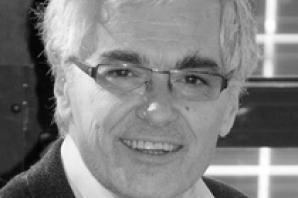Embodied intelligence is a very dynamic research field. With this ERC project, Doctor Jean-Paul Laumond intends to contribute to the advancement of basic research in this field bridging the gap between robot engineering and neuroscience thanks to geometric models.

Can human action be studied from a geometric perspective? This is the challenge of Dr Laumond, who intends to use a new methodology, combining robotics and computational neuroscience, to investigate the anthropomorphic action in humans and robots. According to him, exploring the foundations of human action could help to design more autonomous robots while more intelligent robots could increase our understanding of human action. In humans and in robots, actions originate in the sensory and motor space while they take place in the physical space. The main link between these different spaces is geometry – as it enables calculations. The novelty of this project is that geometry is considered as the key to explore the foundations of anthropomorphic actions. More specifically, the multidisciplinary team led by Dr Laumond is applying geometrical models to study the two main components of a physical action: manipulation and locomotion. The aim is to produce some calculation models that could be incorporated in robots to increase their autonomy. The researcher thinks that the geometric approach to action generation and segmentation is an innovative route to address some longstanding problems in the study of embodied intelligence.
The findings of this research project could be crucial to improve the autonomy of humanoid robots used in rescue operations or in the service sectors as well as to perform advanced human simulations for applications in the ergonomics field.




